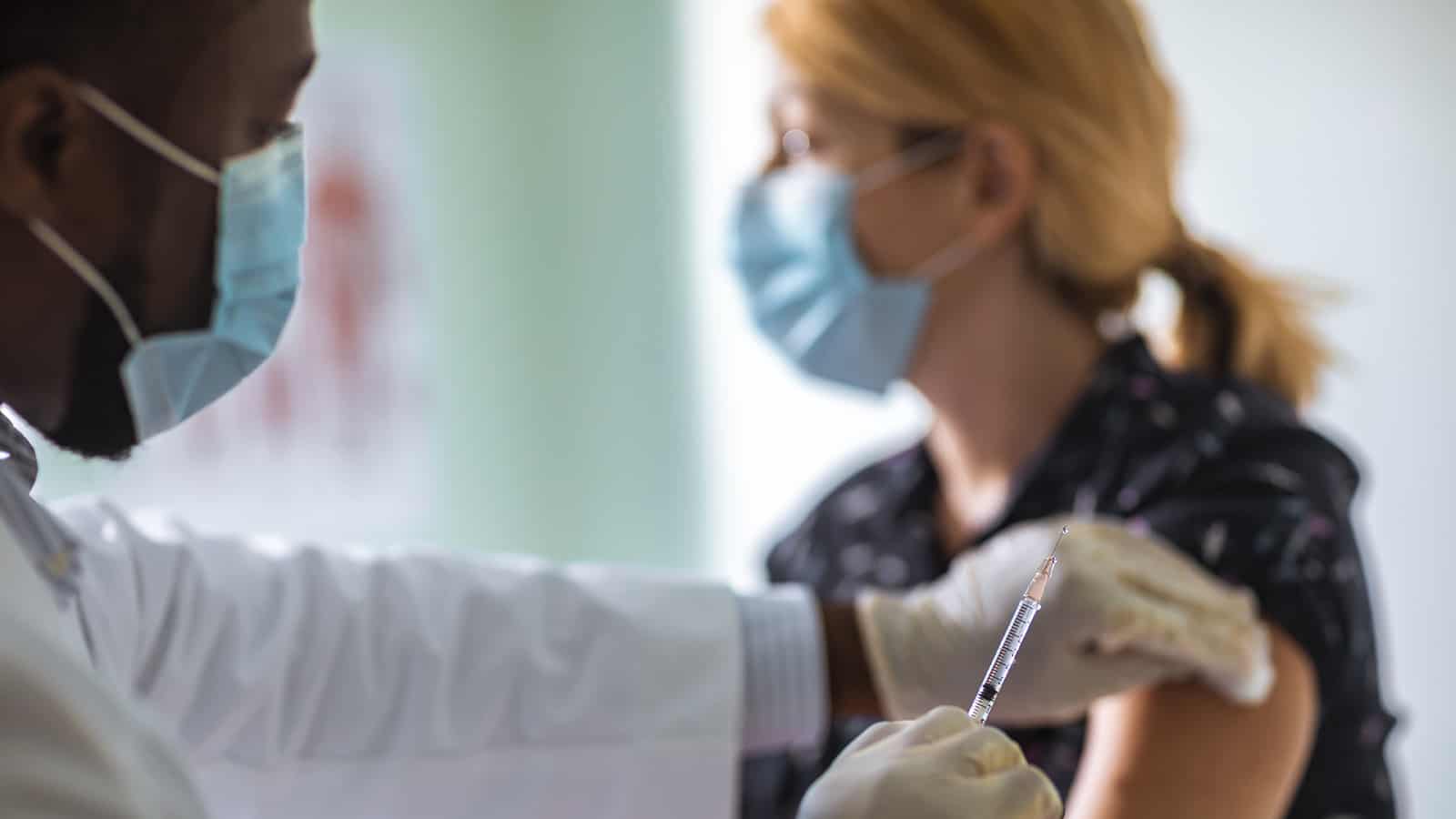What Manufacturers Should Know About Vaccines

As we wait to get our shots, many people still have questions. Does it matter which vaccine I get? What safety precautions should I continue to take? We talked to highly cited infectious disease expert Dr. Aaron Richterman of Penn Medicine to get some answers to these very real concerns.
Which vaccine? As Richterman tells us, the priority for vaccines is preventing bad outcomes—death and severe illness. And the good news? “The really, really good news is that all of these vaccines that have been tested so far—all of them—prevent severe outcomes.” That list includes vaccines made by Pfizer, Moderna, Johnson & Johnson, AstraZeneca and Novavax. (Only Pfizer and Moderna are approved in the U.S. so far, while the J&J vaccine is expected to be approved soon.)
- And the clincher? “When you put all the trials together [including the Russian vaccine trial], there are somewhere around 80,000 to 90,000 people total who have received the vaccine, and none of them have required hospitalization—and none have died,” says Richterman.
Let’s talk specifics: What about the different numbers we’ve been seeing? As Richterman points out, we’re all used to seeing different headline numbers—95% effective, or 72%, and so forth. But what does that really mean?
- What those numbers represent is the “reduction in any symptomatic illness at all,” he explains. But the main thing we should be concerned about is the prevention of severe illness or death—which all the vaccines do extremely well.
When should I get it? As soon as possible, says Richterman. “At this point in time, and probably for the next four to six months in this country, the benefit of getting the first vaccine available to you is going to outweigh any potential benefit from waiting for the next one.” If you are offered an FDA-approved vaccine now, he says: “take it.”
What you should know: Here are some key facts to keep in mind as you read media coverage of vaccinations, says Richterman.
- Quality: “The quality of evidence underpinning the data for these vaccines […] is grade A plus, top of the line.”
- Safety: “These are extremely safe vaccines, among the safest out there. Some people will have temporary side effects, but they are very safe.”
- Prevention of severe outcomes: These vaccines prevent severe outcomes to a “tremendous” degree, Richterman stresses. “If these vaccines can take COVID-19 down to something asymptomatic, or something more like a cold, that’s a big win.”
And lastly, do you have to wear masks and socially distance after being vaccinated? “Especially right now, when there’s a lot of community transmission,” Richterman says, “and we’re still learning about new variants, it’s a good idea to keep things as safe as possible.” However, “people should be informed that the vaccine reduces their risk and the risk for those around them.”
Further reading/viewing: Check out the NAM’s project to increase vaccine acceptance, This Is Our Shot, as well as its continued efforts to promote the use of face coverings.
